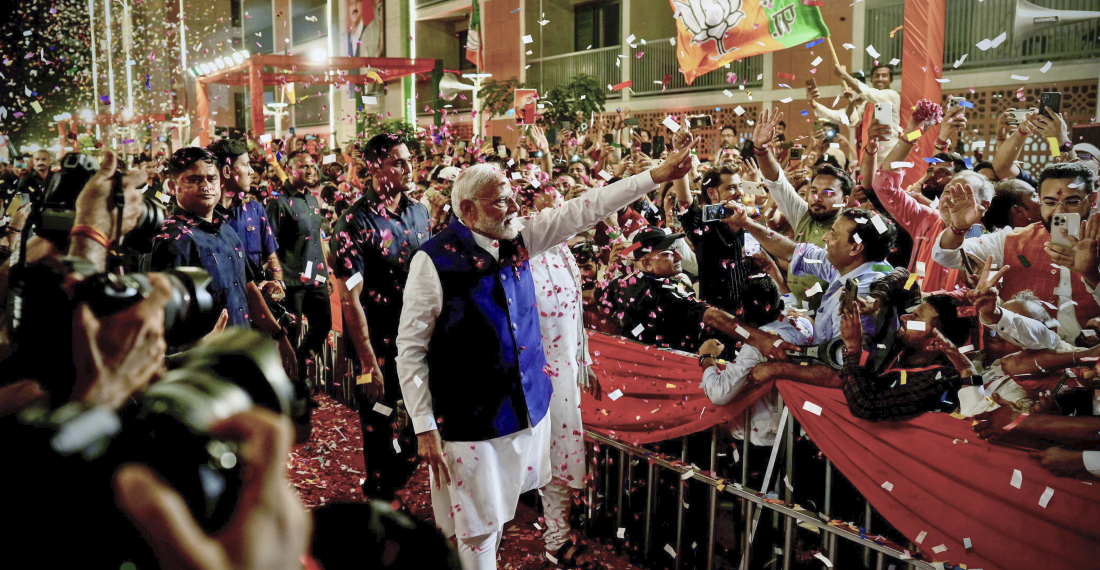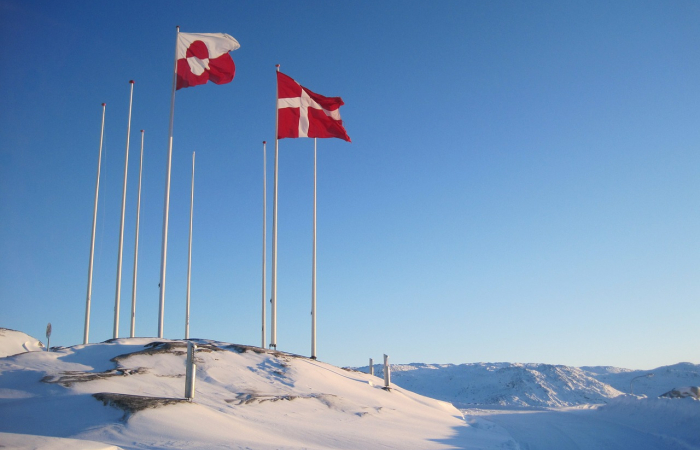Indian Prime Minister Narendra Modi declared victory for his alliance on Wednesday (5 June) in India's general election, claiming a mandate to advance his agenda despite his party losing seats to a stronger-than-expected opposition, which challenged his mixed economic record and polarising politics.
“Today’s victory is the victory of the world’s largest democracy,” Modi told the crowd at his party’s headquarters on Tuesday (4 June), asserting that Indian voters had “shown immense faith” in both his party and the National Democratic Alliance (NDA) coalition. Official results from India’s Election Commission on Wednesday showed the NDA secured 294 seats, surpassing the 272-seat majority threshold but falling short of expectations.
For the first time since his Hindu nationalist Bharatiya Janata Party (BJP) swept to power in 2014, it did not secure a majority on its own, winning 240 seats — significantly fewer than the record 303 it won in the 2019 election. This outcome means Modi will need the support of other parties in his coalition, a surprising setback for the 73-year-old, who had anticipated a landslide victory. During the campaign, Modi predicted his party would win 370 seats, with his allies securing an additional 30 seats.






